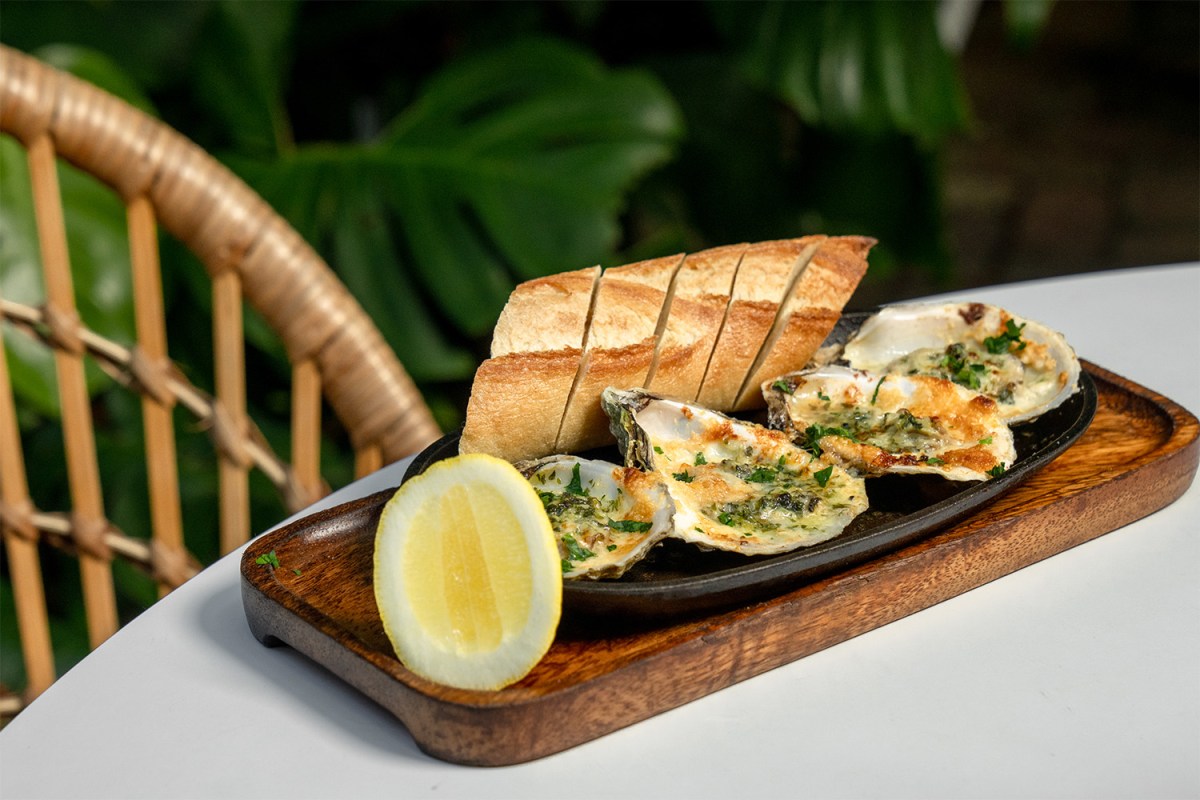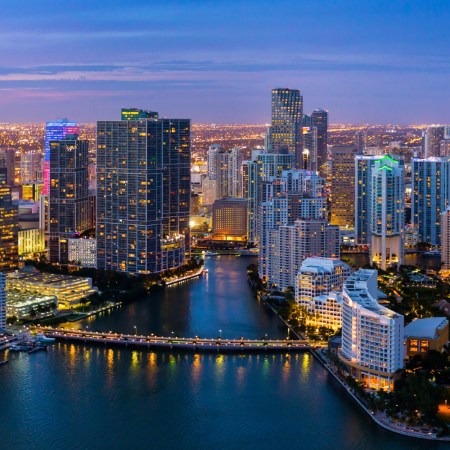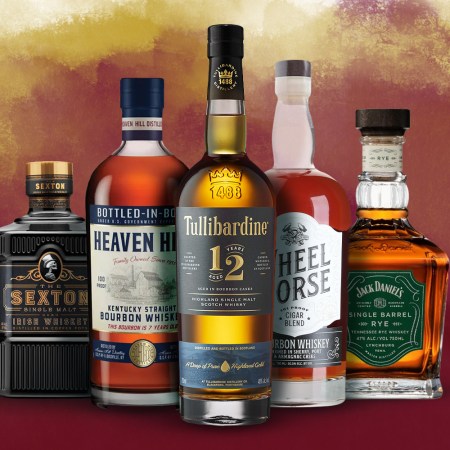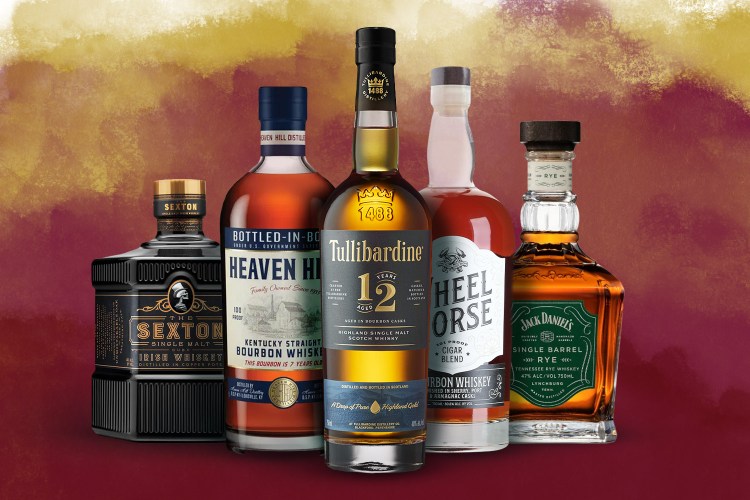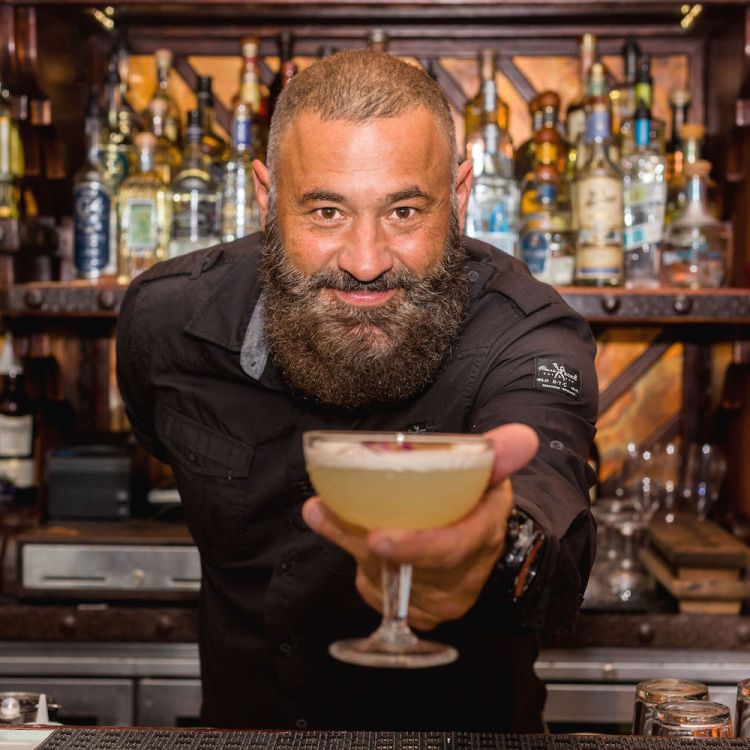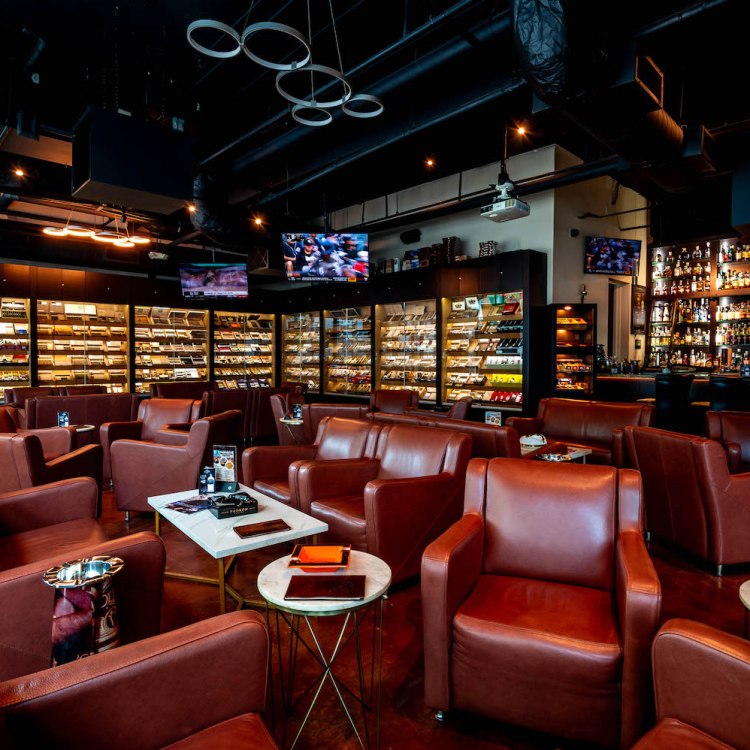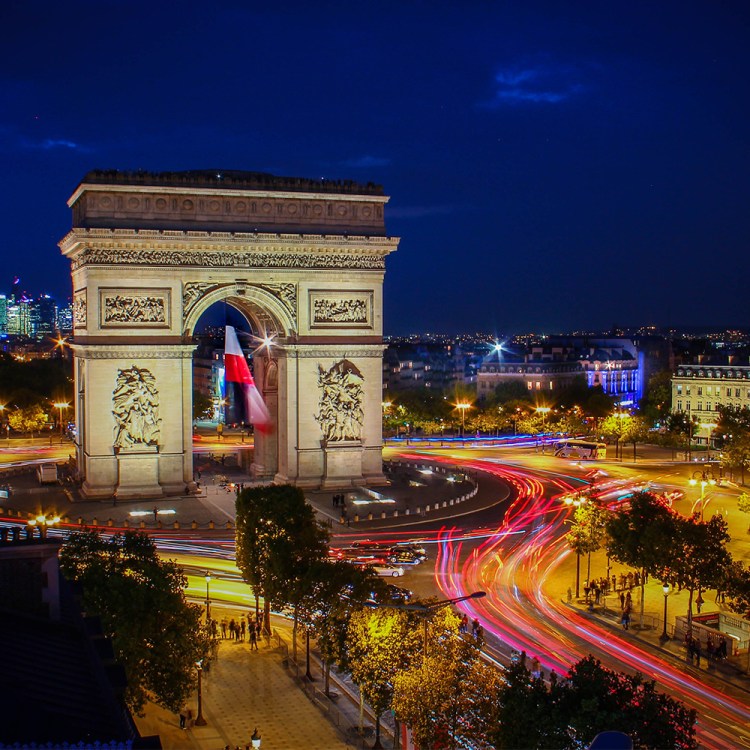Miami’s Biscayne Bay is the largest estuary on the coast of southeast Florida, home to a complex ecosystem of wildlife, including oysters. While they’re a much-loved seafood dish in South Florida, their role in cleaning and sustaining the waters of Biscayne Bay is even more important.
A single adult oyster can filtrate up to 50 gallons of water a day by removing excess nitrogen and absorbing it into their shells and tissue as they grow. But if the bay’s oyster population is overfarmed and not replenished, there’s a risk of pollution rising to dangerous levels.
One South Florida organization is partnering with several South Florida restaurants to initiate an oyster repopulation program. The Watershed Action Lab‘s volunteers pick up discarded oyster shells from restaurants and return them to Biscayne Bay, with the goal of creating a new habitat for future generations of oysters.
One participating restaurant is Coconut Grove’s Peacock Garden. “One of Watershed Action Lab’s volunteers and restaurant regulars stopped by the restaurant and asked if we wanted to participate,” says owner Lalo Durazo. “We thought it was a great opportunity to contribute to the environment and give back to the community, so they started coming by the restaurant and committed to picking up shells on a weekly basis.”
Once the Watershed Action Lab volunteers pick up the shells, they’re cleaned and added to oyster lines, then returned to the bay where eventually baby oysters will attach to create an oyster reef — which will in turn help naturally filter pollutants from Biscayne Bay.
Alberto “Tico” Aran, founder of Watershed Action Lab, says the organization has also worked with the restaurants Michael’s Genuine and Kush by Spillover. The group relies on the work of volunteers to keep the program going, and Aran says there are several ways South Florida residents can lend a hand to this cause.
“South Floridians can donate funds so we can move the mission of healing Biscayne Bay using citizen science and community action,” Aran says. “We are always looking for volunteers to pick up oyster shells from a local restaurant. People can also build oyster lines with their school, company or another community group, or volunteer their dock so we can add oyster lines for the project.”
Aran has already seen success with the oyster repopulation program. Using a mobile app that monitors oyster populations in the bay, Aran says volunteers recently found five oyster bed populations near East Greynolds Park in North Biscayne Bay that were previously undocumented by any organization, including the Florida Fish and Wildlife Conservation Commission.
The Watershed Action Lab and Peacock Garden partnership represents a growing trend in the restaurant and hospitality industry. Community leaders and restaurant owners are realizing the power of community and collaboration that is necessary for South Florida’s sustainable future.
“We are happy to be working with such a great organization like Watershed Action Lab and are always looking for different ways to help support our community. Biscayne Bay is right in Peacock Garden’s backyard,” Durazo says, “so we are doing what we can to make sure we keep our waters clean.”
This article was featured in the InsideHook newsletter. Sign up now.
